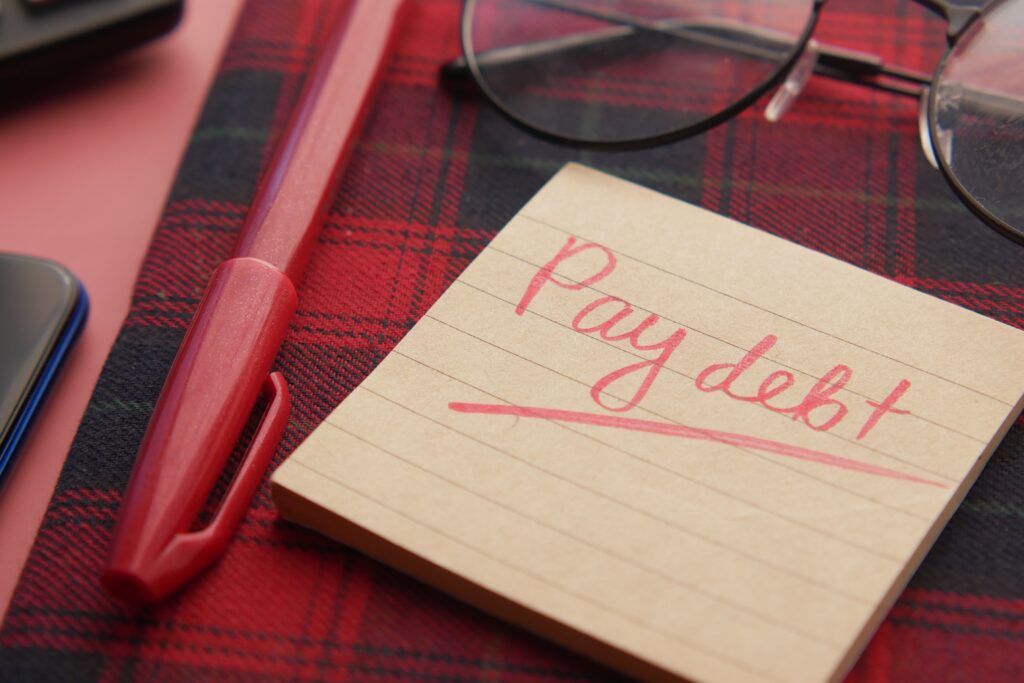
You’re not alone if you’re struggling with debt. It can feel like you’re caught in a rip current, being swept further from financial safety with each passing day. But remember, debt is not a life sentence. The key to escaping it lies in the effective strategies you employ. So, let’s break the chains and dive into the most effective ways to pay down debts.
1) Debt Snowball Method
Considered one of the simplest and most motivational methods, the debt snowball approach works by focusing on the smallest debt first. You pay the minimum on all debts, but direct any extra funds towards the smallest. The psychological win from paying off a debt provides a ‘snowball effect’, as you shift focus to the next smallest, and so on. This approach gives you momentum and helps keep you motivated, an essential aspect when it comes to dealing with debt.
2) Debt Avalanche Method
The debt avalanche method is more maths than psychology. You prioritise your debts based on the interest rate, starting with the highest. This method can save you more money over time because you tackle the costliest debts first. But, it might take longer to see progress, so staying motivated can be a challenge. It’s about balancing emotional satisfaction with financial sense.
3) Debt Consolidation
Debt consolidation involves combining multiple debts into one, typically with a lower interest rate. This way, you only have one monthly repayment to worry about, and you’ll save on interest costs. Keep in mind that you’ll need a good credit score to get the best rates on debt consolidation loans. Moreover, you need to ensure that the fees and costs associated with the consolidation don’t outweigh the benefits.
4) Balance Transfer Credit Cards
Balance transfer credit cards can be a valuable tool if you have credit card debt. These cards often offer an introductory period with low or even 0% interest, providing you with a window to pay down your debt faster. Be cautious though, as once the intro period ends, the rate usually jumps up considerably. Many credit card companies offer balance transfers, so it’s worth shopping around.
5) Negotiate with Creditorsitalise on the gig economy
Negotiating with creditors may seem intimidating, but it can lead to reduced interest rates or more manageable repayment plans. Lenders would rather get some money back than none at all, so they might be willing to work with you. Free financial counselling is available throughout the country to assist you in communicating with creditors.
6) Budgeting and Lifestyle Adjustments
It’s not the flashiest strategy, but it’s crucial – budgeting. Understanding where your money goes and reducing unnecessary expenses can create additional funds for debt repayments. moneyvase is a great starting point as it provides a free budget planner to help you to track and manage your spending.
Additionally, consider making lifestyle adjustments. Simple changes like eating at home more often, cancelling unused subscriptions, or biking to work can free up a significant amount of money over time. Remember, these changes don’t have to be permanent, just until you’ve regained control over your finances.
7) Seek Professional Advice
If you find it challenging to deal with your debts, don’t hesitate to seek professional advice. Free financial counselling services are available across Australia. Financial counsellors can help you understand your options, negotiate with creditors, and create a tailored plan to pay down your debt.
In conclusion
There isn’t a one-size-fits-all answer to paying down debts. The most effective method depends on your individual circumstances, including the size and type of your debts, your income, and your personal motivation style. However, what is important is taking that first step in dealing with the debts and ensuring you are committed over time.